Next July, it will have been a decade since the last Harry Potter book – The Deathly Hallows – was published.
It came exactly 10 years after the first Harry Potter book – The Philosopher’s Stone – which was released in 1997.
Nineteen years after that first revelatory book, we have Harry Potter and the Cursed Child, the script of the play of the same name that has now opened at London’s Palace Theatre.
On this wet Sunday morning, as I made my way to the pick-up point where I would receive a copy of the book, I felt an excitement I haven’t in years, over a literary offering.
Back in 1997, I was already a high school student; I came to the Potter books well after the mania was already underway and the first book had been a huge success. I certainly didn’t stand in any queues to get my books, in fact, I remember starting to read Philosopher’s Stone with a fair bit of adolescent cynicism: its very extreme popularity was a negative in my teenage eyes. As I read the caricaturish sketches of Aunt Petunia and Uncle Vernon, and of course Dudley, I wondered what was so wonderful about this book.
By the time Harry had discovered the charms of Diagonal Alley, platform nine-and-three-quarters at King’s Cross station, and was making conversation with Ron and Hermione on the Hogwarts Express, I was along for the ride. And of course, the story only got better and better (reaching a peak, in this person’s humble opinion, with the fourth book, Goblet of Fire).
JK Rowling has been remarkably clever at keeping up interest in Potter and his friends – she didn’t need to work as hard as she did at it, the fandom would have lapped up anything magic-related. But Rowling continued to weave spellbinding stories, releasing nuggets of information about these characters readers had grown up with, and the wider wizarding world, on her website Pottermore, or through spin-offs like Fantastic Beasts and Where to Find Them or Tales of Beedle the Bard.
Firstpost’s Zenia D’Cunha has done an excellent analysis of why the Potter craze has lasted over two decades ( you can read it here ) so this piece isn’t going into that again.
Suffice it to say that Harry Potter and the Cursed Child is a worthy addition to the pantheon.
It’s different from the previous seven books because of its format – it is, after all, the script of the play. But it retains the sense of urgency and vivid storytelling – and of course the dry wit – that was so much a part of the earlier books.
Cursed Child begins where The Deathly Hallows left off: it is 19 years after the events of the Dark War that saw the end of Voldemort. Harry and Ginny are married, with three children: James, Albus and Lily. At the start of the tale, we see Albus setting off for his first term at Hogwarts – he carries quite the burden of being his famous father’s son. Everyone expects him to be another Harry, but Albus isn’t. For one, he strikes up his closest friendship not with his cousin Rose Granger-Weasely (the daughter of Ron and Hermione) but with Scorpius, son of Draco Malfoy. Albus doesn’t even get sorted into the house his entire family has gone to – Gryffindor. He hates Hogwarts, he hates the constant comparisons with his older brother James and their father Harry, and most of all he just wishes he could be someone else.
In his attempts to forge his own identity, Albus – and Scorpius by extension – do something that could have disastrous consequences for the world that they know, and the people they love.
Do they manage to save the day?
There will be several moments, especially during the first act of Cursed Child that remind you of a young Harry, trying to find his place in the wizarding world. The nostalgia this induces – even if you weren’t the most ardent of Potterheads – can be overwhelming at times. But as much as the story harks back to the past (both in plot, and in the emotions it brings about in readers) it offers plenty that is new.
Harry and the gang may have important parts to play in Cursed Child, but make no mistake, it is Albus and Scorpius – the younger generation – that are the real stars. And they, especially Scorpius, who is like an amalgamation of Ron and Hermione in terms of personality, are very likeable protagonists.
The plot – without giving away any spoilers – hinges on the concept of time travel, and Rowling (along with collaborators John Tiffany and Jack Thorne) skilfully takes her characters back and forth, even as we the readers do our own bit of personal time travel.
Also on Firstpost: Practical magic – Maneka Sorcar on carrying forward her father PC Sorcar Jr’s legacyIs Cursed Child as good as the first four Potter books? Perhaps not, but it is a delightful read in and of itself. There may be some practical details involving the magic in the plot that seem a little bit stretched, but these are swept away in the wider point the story makes.
That point is that you can’t go back in time. Not without causing untold damage to the present and the future. The past, as flawed and unjust as it may seem to us today, has to be let go of.
It’s an ironic and poignant point to make for Rowling, who is turning back the clock with Cursed Child.
By the time you finish reading this book (or if you’re incredibly lucky, watching the play) you’ll find that Rowling had pulled off a lovely magic trick of her own with Cursed Child. This book is more about human emotions – about trying to be good parents or good children, of wanting to be understood and accepted, and making your way through life no matter how many times you stumble, regardless of whether you’re a witch/wizard or muggle – than it is about magic. And in narrating this tale about human flaws and human needs with such wonderful ease, Rowling casts her spell on us all – once again.


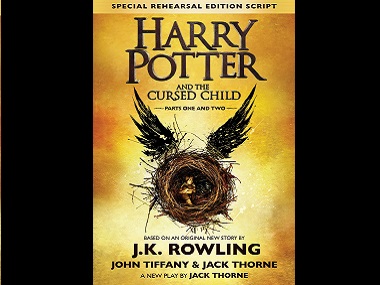)




)
)
)
)
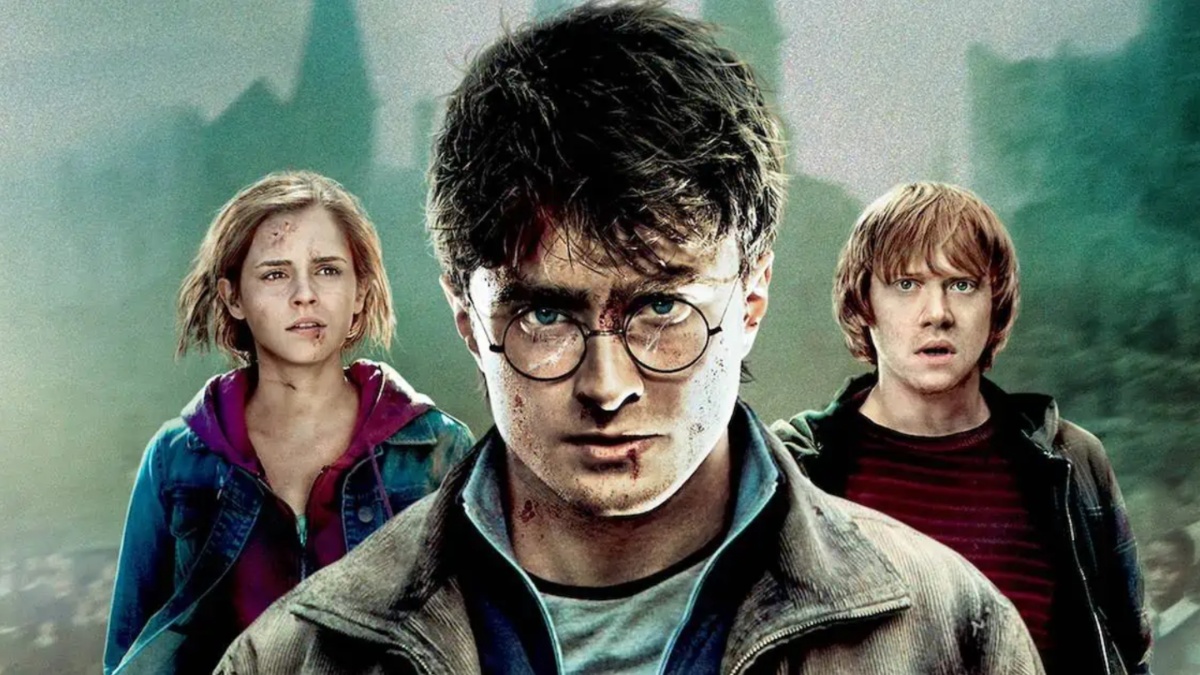)
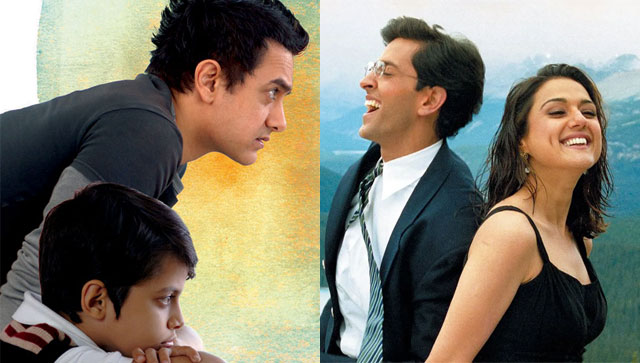)
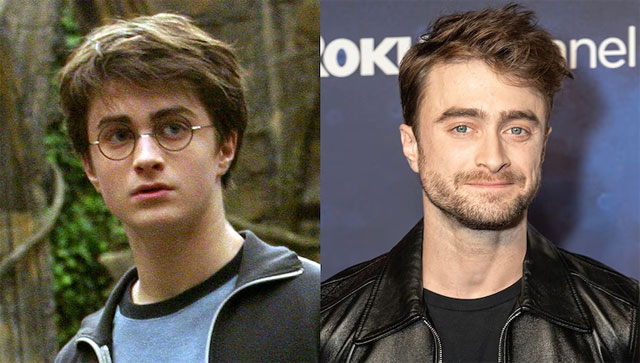)
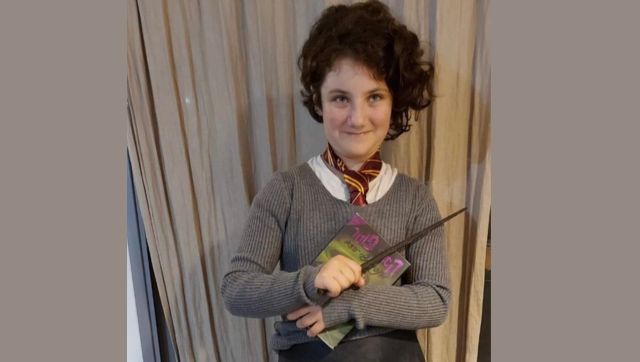)